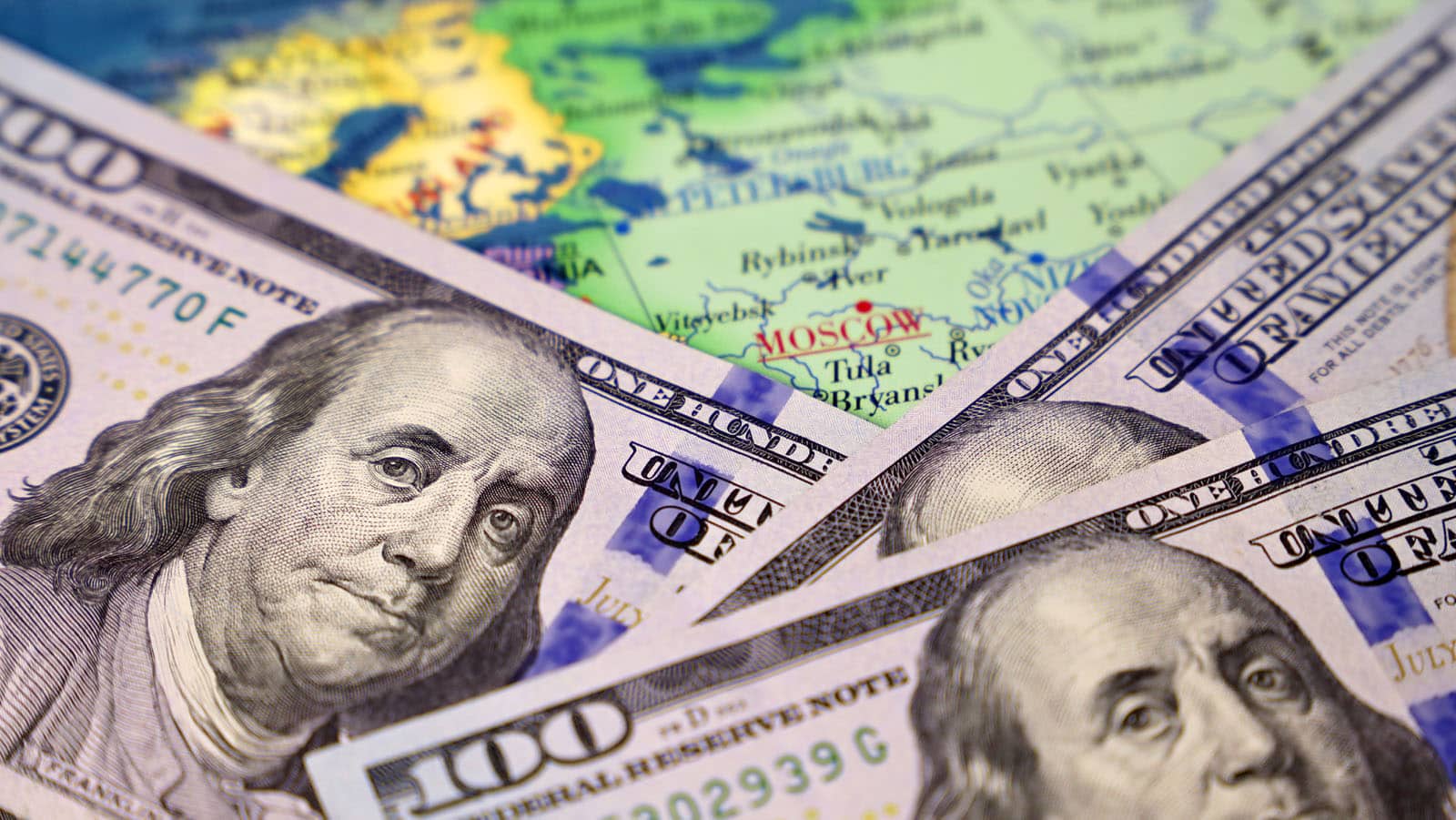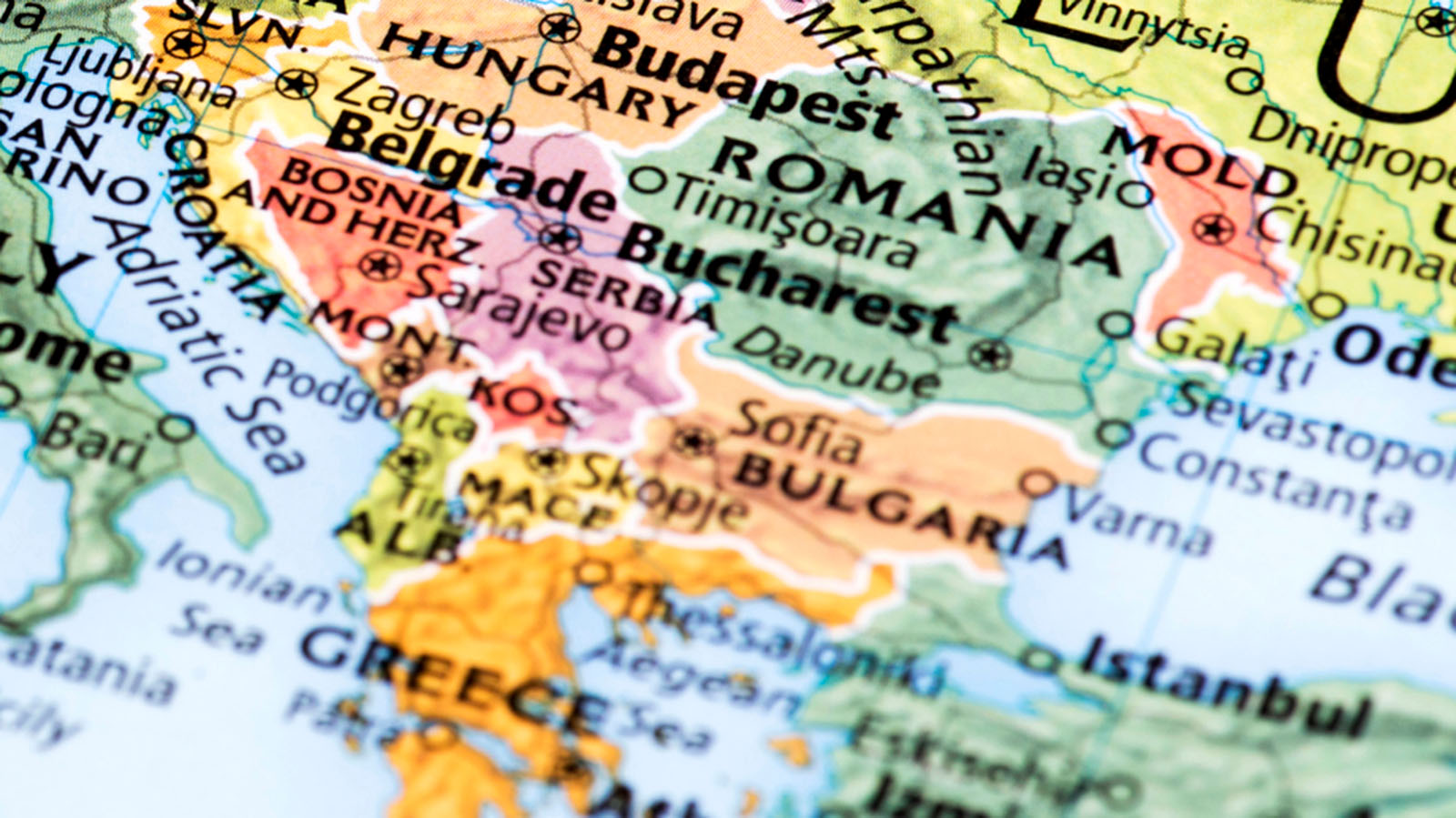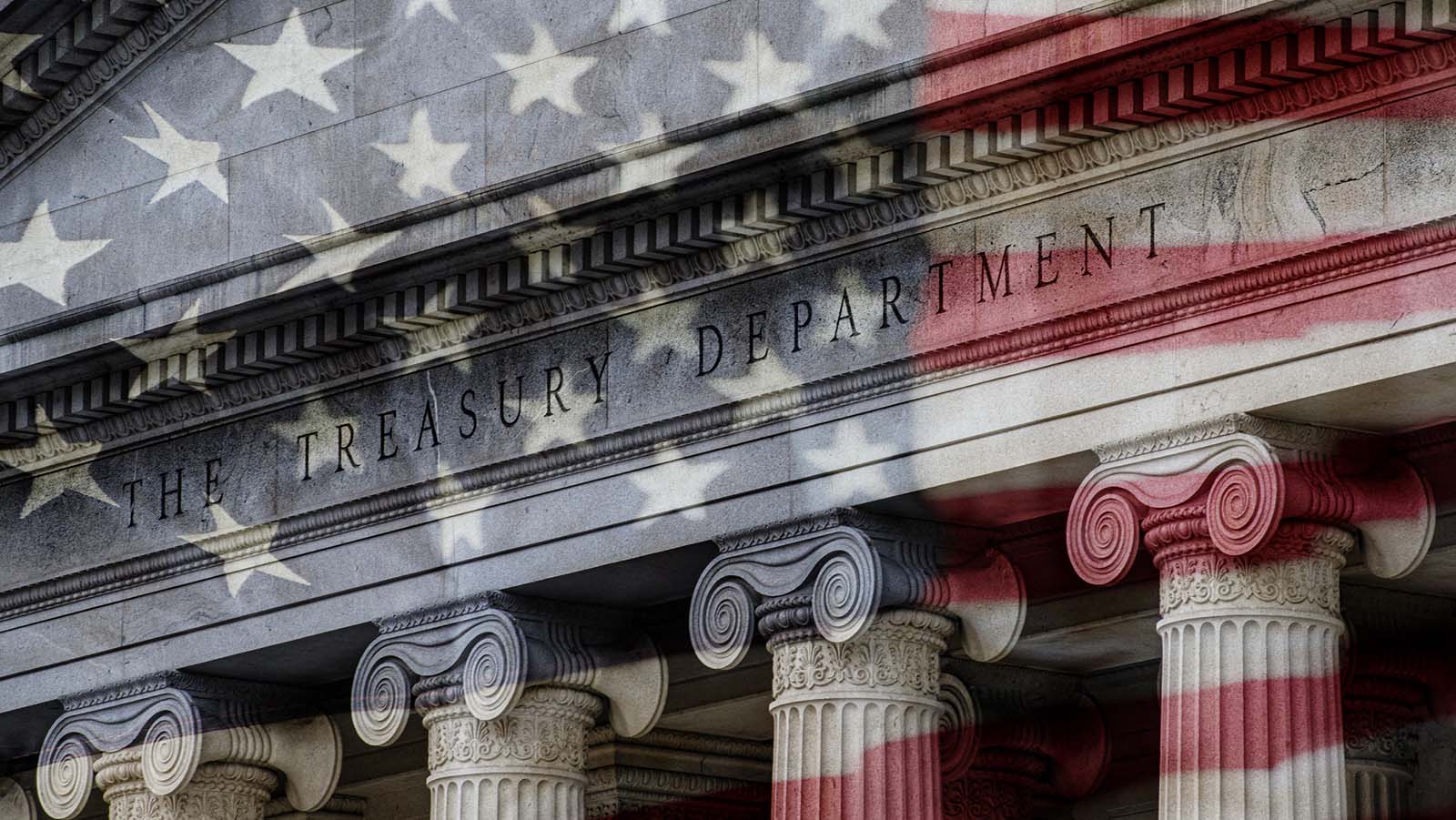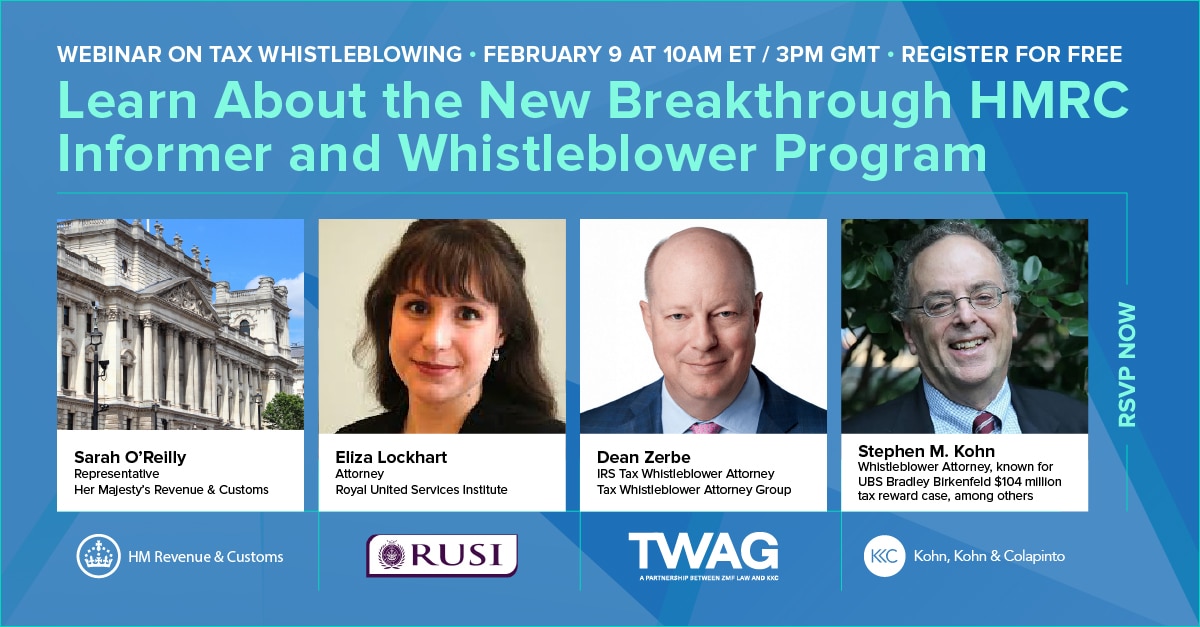May 14, 2025
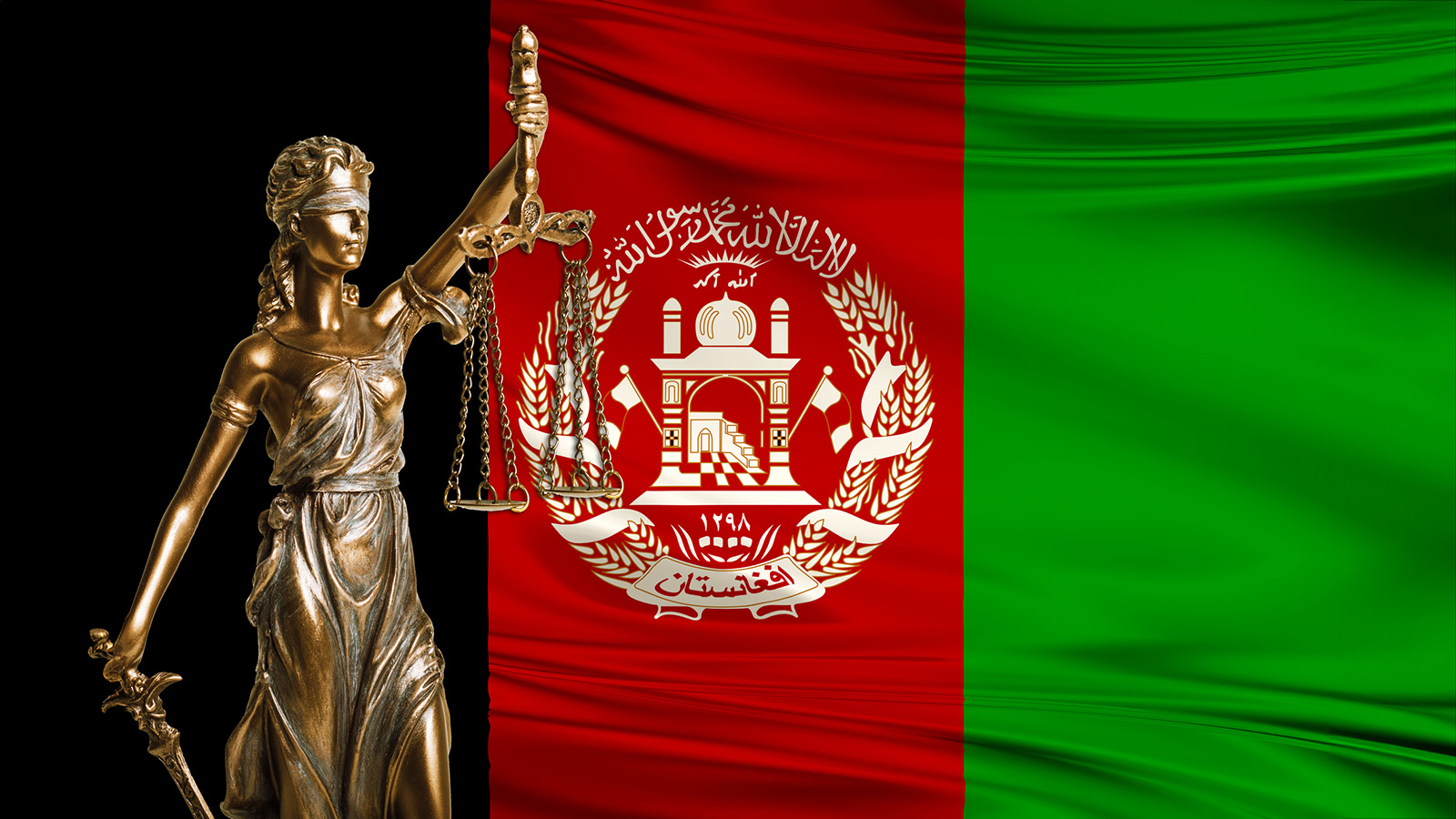
This information is provided for educational purposes only by Kohn, Kohn & Colapinto and does not constitute legal advice. No attorney-client relationship is created by accessing this content. Laws and regulations may change, and this material may not reflect the most current legal developments. If you believe you have a whistleblower claim, consult a qualified attorney to discuss your specific circumstances.
The US remains the biggest humanitarian donor to Afghanistan, despite sanctions on the Taliban and Haqqani Network.
In December 2023, Congress passed the Anti-Money Laundering Whistleblower Improvement Act in the Omnibus bill, which included several amendments to the Anti-Money Laundering Act, including provisions for protection and rewards.
Under the new and improved AML laws, those who blow the whistle on money laundering and Afghanistan-related sanctions violations may be eligible for rewards between 10 and 30 percent of the sanctions collected in a successful enforcement action.
However, to ensure aid reaches the people of Afghanistan, the U.S. Treasury Department clarifies certain exemptions that prevent U.S. sanctions from blocking humanitarian aid, payments, or activities for basic needs. There are six licenses for this, which are spelled out in the Fact Sheet.
- GL 20 (Broadest): Authorizes most transactions with Afghanistan or governing institutions, potentially overlapping other GLs.
- GL 14 (Humanitarian Aid): Allows transactions involving the Taliban/Haqqani Network for aid provided by various organizations (US government, NGOs, UN, etc.).
- GL 15 (Agricultural & Medical): Enables exporting/reexporting food, medicine, medical devices to Afghanistan or for resale there, even if involving the Taliban/Haqqani Network.
- GL 16 (Personal Remittances): Permits sending non-commercial, personal remittances to Afghanistan, even though Afghan institutions associated with the Taliban/Haqqani Network.
- GL 17 (US Government Business): Authorizes official US government activities involving the Taliban/Haqqani Network.
- GL 18 (International Organizations): Permits official activities of certain international organizations (UN, development banks, etc.) involving the Taliban/Haqqani Network.
- GL 19 (NGO Activities): Allows NGOs to conduct various activities in Afghanistan involving the Taliban/Haqqani Network, including humanitarian aid, development projects, education, and environmental protection.
(All GLs have specific conditions and limitations not covered here. Please refer to the official Treasury document for complete details)
Payments to the Taliban/Haqqani Network or linked entities are mostly prohibited, except for taxes, fees, import duties, and for permits, licenses, and public utilities not related to luxuries. Any financial activity outside of this, or activity that does not align with UNSCR 2615, may be sanctions violations that can incur significant penalties.
Reporting OFAC Sanctions Violations
Under the new AML law, whistleblowers can report violations of Afghanistan-related sanctions to the Office of Foreign Assets Control (OFAC) – a Department of the Treasury who administers and enforces economic and trade sanctions.
Whistleblowers can become eligible for rewards when they provide OFAC with strong and credible information regarding an individual, company, or country engaging in the following activities with sanctioned individuals or organizations:
- Evading sanctions: Activities that attempt to circumvent or bypass US sanctions.
- Sanctions violations: Actions that violate specific terms of US sanctions programs.
- Fraudulent activity: Misrepresentation or deception related to US sanctions.
An example of an Afghanistan-related sanctions violation might include the misuse of GLs (previously listed) or the fraudulent abuse of humanitarian aid.
However, more modern violations may also include the use of cryptocurrency exchanges to bypass sanctions to conduct illicit financial transactions, or the buying and selling of goods, services, or assets with those on the US sanctions list, such as the Taliban and Haqqani Network.
OFAC provides a free application to enable users to simultaneously search all its sanctions lists.
Whistleblower Protections
As previously stated, under the new AML laws, which cover Afghanistan-related sanctions violations, whistleblowers who report such violations are eligible for an award between 10 and 30 percent of the sanctions collected in a successful enforcement action. Awards are paid out of a fund financed through sanctions collected in enforcement actions brought by whistleblowers.
This not only incentivizes reporting and working closely with law enforcement to obtain a successful prosecution. If there is no successful action, then whistleblowers get nothing. It’s also important to note that whistleblowers who are not U.S. citizens are not guaranteed protection from retaliation. Thus, “rewards as protection” is a great incentive to get whistleblowers to report.
If you have concerns about potential sanctions violations, it’s recommended to report them through the appropriate channels to ensure proper investigation and enforcement. Keep in mind that under AML laws, whistleblowers may report their concerns anonymously and confidentially, but they must do so with the assistance of a U.S.-based attorney.
Seeking Legal Assistance
Given sanctions regulations are extremely complex, we advise consulting with legal professionals for guidance on specific activities and potential violations.
Our firm has intimate knowledge of the Anti-Money Laundering Improvement Act because we led the grassroots efforts that led to the successful passing of it.
Since 1988, we’ve been representing whistleblowers behind the largest cases in history.
If you have information on an Afghanistan-related sanctions violation, a violation of the Bank Secrecy Act (BSA), or sanctions evasion, contact our firm today for a confidential case review.
Our Firm’s Cases
Relevant FAQs
Latest from Our Blog
January 27, 2026
